Gelareh Zadeh

Dr. Gelareh Zadeh, MD, PhD, FRCS(C), FAANS, is the Dan Family Chair and Professor of Neurosurgery, University of Toronto. This role makes her the first Canadian Chair of Neurosurgery. She is Head of the Department of Neurosurgery at Toronto Western Hospital and Medical Director for the Krembil Brain Institute at University Health Network. Dr. Zadeh is a Senior Scientist at Princess Margaret Cancer Centre where she runs a translational research program at MacFeeters-Hamilton Neuro-oncology Program and holds the Wilkins Family Brain Tumor Research Chair.
Dr. Zadeh has a dedicated neuro-oncology and skull base practice, which includes a number of multidisciplinary specialized programs including a skull base clinic, brain metastases, pituitary clinic, and neurofibromatosis clinics. In parallel, she has an active research laboratory focusing on integrated multi-platform molecular analysis of brain tumors, together with a focus on understanding molecular response to targeted therapies, such as anti-angiogenesis and metabolic inhibitors.
She had held a number of leadership roles in organized neuro-oncology and neurosurgery socities, nationally and internationally. To highlight a few she has held numerous leadership roles in Society of Neuro-Oncology (SNO): Chair of the International Committee, Scientific Chair of the Annual Scientific Program, Treasurer, Vice President and President, with currently 2022/23 being the immediate Past President of Society. She has served as the Chair of Neuro-oncology Committee and presently the Chair of Women in Neurosurgery at the World Federation of Neurological Surgeons. She is the current Chair of Education Committee of the Tumor Section of AANs. Leveraging her experience in these positions she has found and leads the International Consortium on Meningiomas (ICOM).
She is the Editor-in-Chief of Neuro-Oncology Advances, open-access journal of SNO and European Association of Neuro-Oncology.
Dr. Zadeh is an excellent teacher and educator, having trained a number of neurosurgery residents, graduate students and fellows in a wide range of expertise in neurosurgery and research, majority who have successfully advanced to independent academic practice.
The WORK:
Dr. Gelareh Zadeh is a neurosurgeon and senior scientist who combines her in-depth clinical knowledge of brain cancer with clinical and translational research to improve the diagnosis and management of adult brain tumours. Dr. Zadeh’s research program applies advanced genomic and epigenomic profiling to further our understanding of the molecular regulators of brain tumours and to develop tools that can refine biomarkers of diagnosis to predict treatment responses and ultimately, improve patient outcomes.
Dr. Zadeh’s research focuses on advancing knowledge of brain tumours through integration of multiple platforms of genomic analysis. This includes her research incorporating the largest-ever data analysis of meningiomas—the most common type of brain tumour, which has limited treatment options. She co-founded and leads the International Consortium on Meningiomas (ICOM), which provides researchers around the world with access to meningioma samples and data sets, as well as research expertise and collaborations. ICOM also helps to raise awareness of the importance of research funding into this disease. Dr. Zadeh’s discoveries in this field have led to new classification criteria that are biologically and clinically relevant, with the potential to outperform the current standard classification system developed by the World Health Organization. Specifically, her research has shown that meningiomas can be classified into four molecular groups, which reveals biological insights into how the cancer behaves. Using molecular features that reflect tumour behavior, the new classification criteria more accurately predicts cancer recurrence. Dr. Zadeh’s lab has also produced a comprehensive body of work on neuronal tumours, including schwannomas and peripheral nerve tumours. By performing the first integrated molecular analysis of schwannomas, her group established the genomic and epigenomic road map for sporadic and neurofibromatosis type 2 (NF2)-related schwannomas and identified a novel fusion protein that can be used for diagnostic, prognostic and therapeutic benefit. Similarly, Dr. Zadeh’s research has shown that the transformation of benign neuronal tumours to malignant cancers occurs via two independent molecular pathways, both of which can be therapeutically targeted. Another key contribution of her work has demonstrated the utility of plasma-based biomarkers for diagnosis, discrimination and determination of response to treatment, for a wide variety of brain tumours.
The IMPACT:
Dr. Zadeh exemplifies an extraordinary commitment to advancing our understanding of brain tumour biology to improve patient outcomes. Her team has made significant strides in understanding how molecular features influence tumour management and has identified novel approaches to reduce the negative side effects of brain tumour treatments. Additionally, her team has identified plasma biomarkers that can help to diagnose intracranial tumours, predict treatment response and detect early recurrence, as well as potential drugs to treat malignant brain tumours. Her work is having a considerable impact in the diagnosis and clinical management of brain tumours and is giving hope to individuals affected by brain cancer.


.tmb-cfthumb_fb.jpg?Culture=en&sfvrsn=56753e71_1)

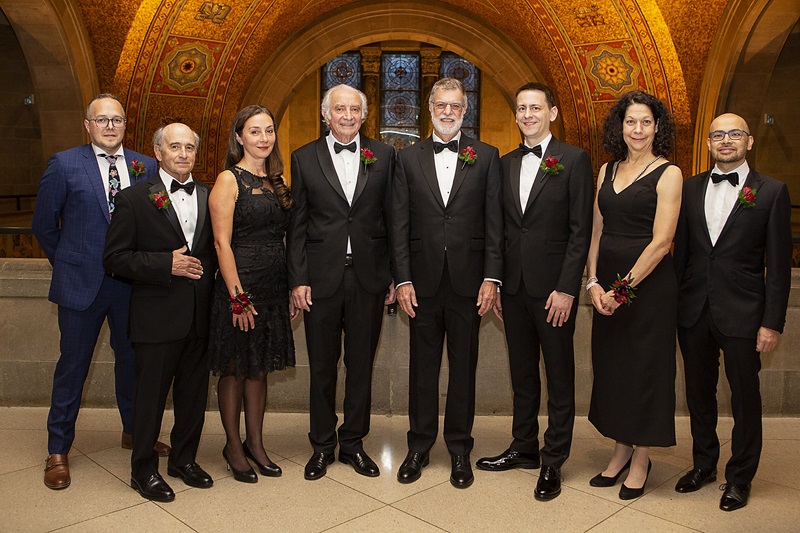
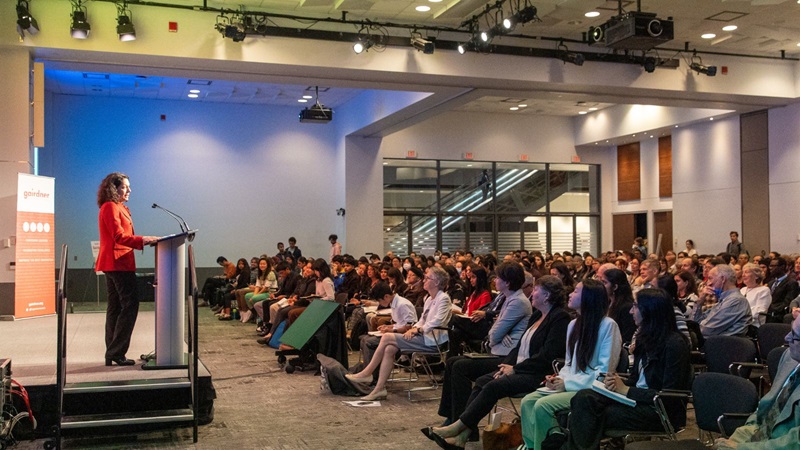
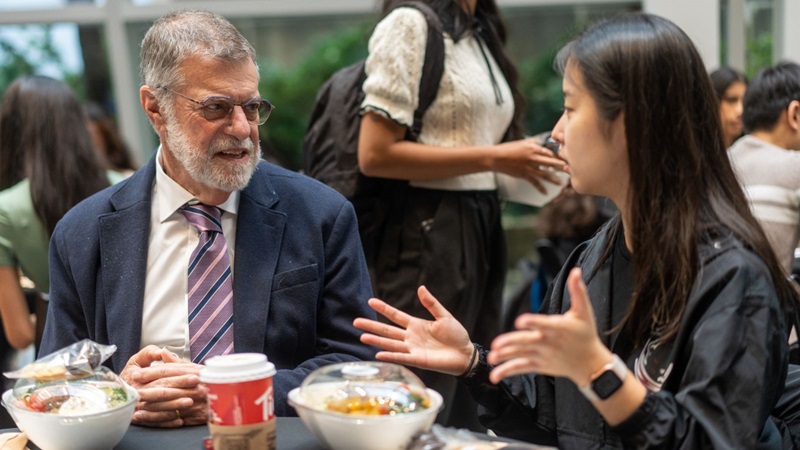
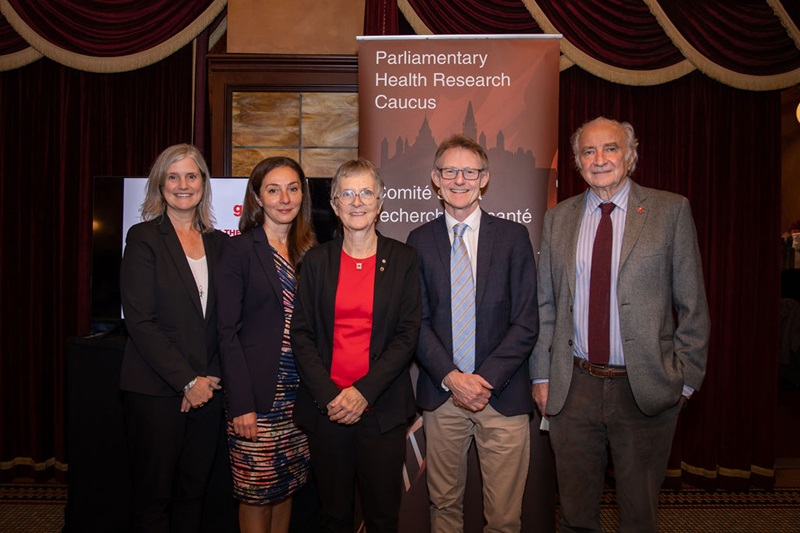
.tmb-cfthumb_fb.png?Culture=en&sfvrsn=3f3e85a0_1)
.tmb-cfthumb_fb.png?Culture=en&sfvrsn=97931f40_1)
8f5aefbf-f29d-44d1-b013-be4d15b185fe.tmb-cfthumb_fb.jpg?Culture=en&sfvrsn=80f30158_1)
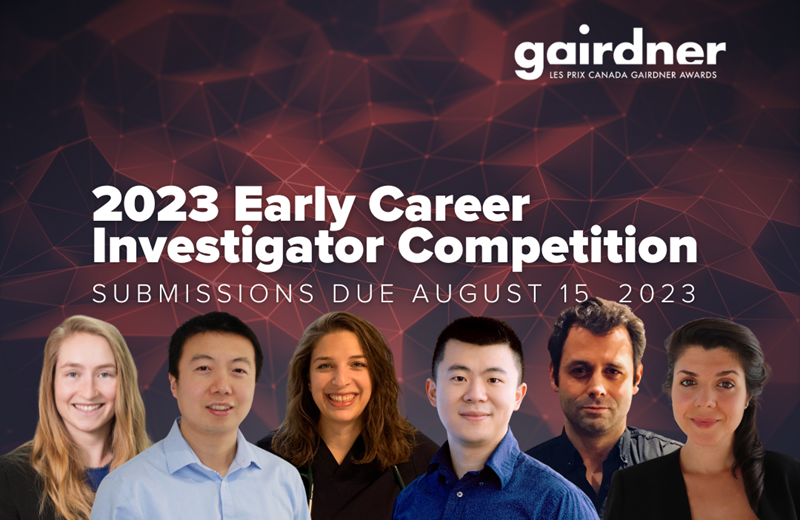
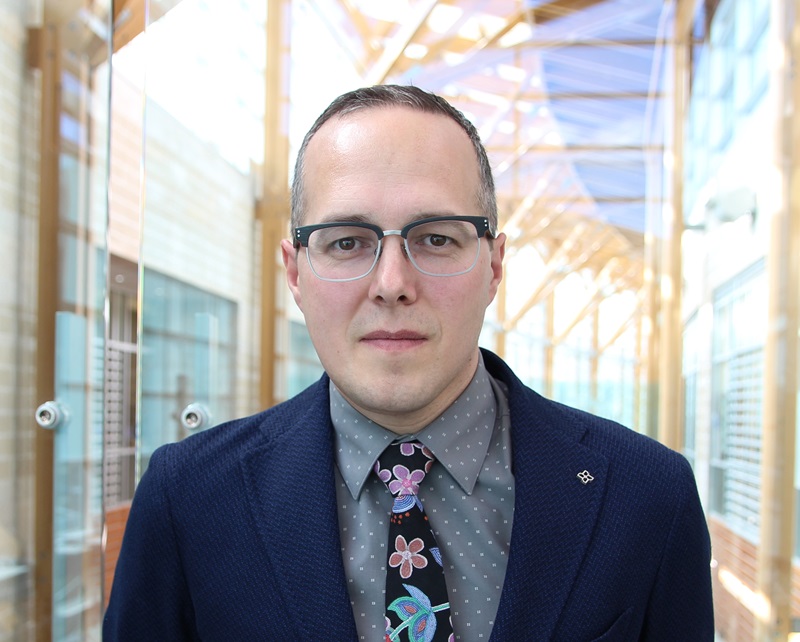


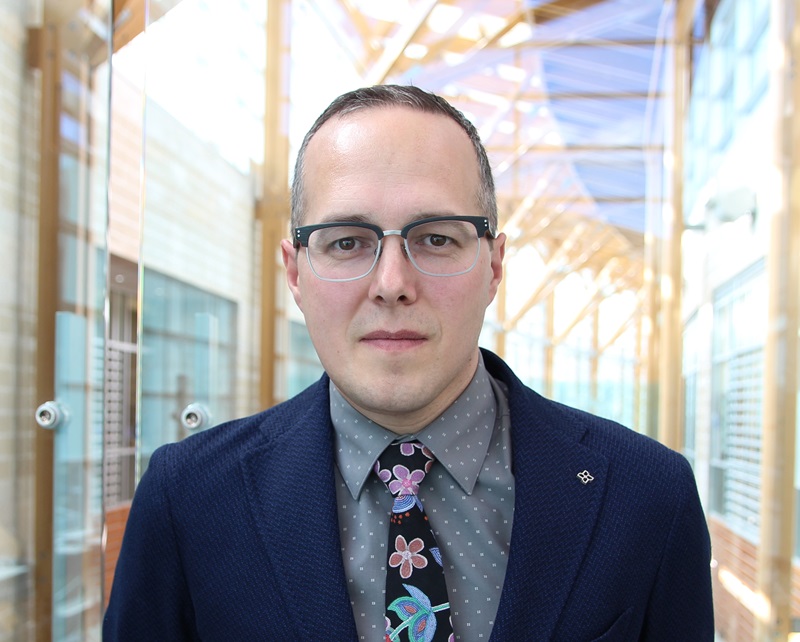

.tmb-cfthumb_fb.jpg?Culture=en&sfvrsn=5e02c31b_1)
